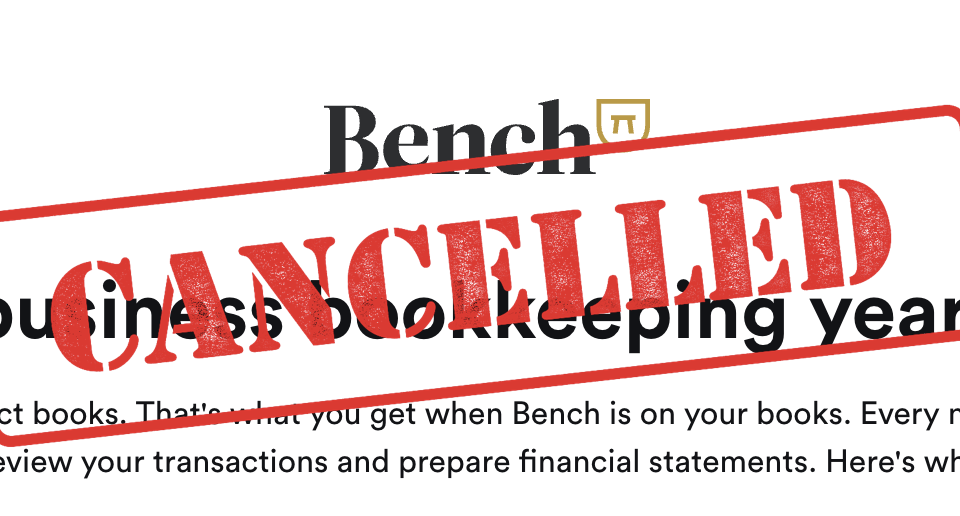Accounting Tips For Success
October 4, 2023Ensuring Safety In Transfers
October 4, 2023Julie Delong, COO of Backyard Bookkeeper, was recently featured in an article written by the Forbes Finance Council. You can find the original article on the Forbes Finance Council website along with Additional Published Content by Julie DeLong. Below you will find a summary of the article.
17 Ways Companies Can Prepare For Next Year's Tax Season
Forbes Finance Council members provide insights into proactive measures that companies can undertake to prepare for the upcoming tax season. The 17 recommended strategies focus on optimizing financial processes and ensuring a smooth tax compliance process. Key recommendations include:
#1 – Engage Stakeholders:
Collaborate with stakeholders to assess the previous year’s tax process. Identify areas for improvement, and enhance collaboration for effective tax planning. – Matthew Barbieri, Wiss
#2 – Reallocate Assets:
Strategically reassess portfolios by categorizing accounts. Such as brokerage, tax-deferred, and tax-free, to inform decisions on asset allocation. – Charlene Wehring, DBHW Wealth Partners
#3 – Review Quarterly:
Conduct quarterly reviews of the last tax report, identify exposures and liabilities. Implement effective document management systems for financial transactions. – Oluwatoyin Aralepo, Mastercard Foundation
#4 – Hire Professionals:
Assemble a skilled accounting team, including tax professionals, bookkeepers, and strategic advisors, during slower summer months to ensure readiness for tax season. – Julie DeLong, Backyard Bookkeeper
#5 – Plan Ahead:
Stay informed about upcoming changes in tax laws, plan for future tax years. Adjust processes and reporting to align with new requirements. – Michelle DeBella, JumpCloud
#6 – Communicate Often:
Maintain year-round communication with tax advisors for effective tax planning. Allowing them to identify tax-efficient paths forward for major business decisions. – Amanda Han, Keystone CPA, Inc.
#7 – Document Expenses Appropriately:
Save time and money by understanding state tax laws, adjusting early, and documenting expenses throughout the year to maximize deductions. – David Kelley, Diesel Laptops
#8 – Arrange Meetings:
Regularly meet with certified public accountants or bookkeepers for quarterly or semiannual check-ins to discuss current situations and implement tax-efficient ideas. – Letitia Berbaum, The Zandbergen Group
#9 – Review Write-Offs:
Invest in business growth, attend events, and build relationships with clients while consulting with accountants to identify tax write-offs for incurred expenses. – Christina DeSimone Nappi, The DeSimone Agency Inc.
#10 – Analyze Options:
Explore business structures, such as S Corps, and consider investing profits in real estate to leverage tax benefits like depreciation write-offs. – Leo Kanell, 7 Figures Funding
#11 – Build Relationships:
Establish year-round relationships with tax professionals who offer advisory services, providing insight and tax strategies for long-term business success. – Barry Pennett, Intuit
#12 – Track Categories:
Implement mechanisms to track nexus (minimum connection to a state for income tax filing requirements) and key categories like revenue, fixed assets, and payroll. – Geanette Rodriguez-Ojeda, GRO Accounting and Tax
#13 – Be Thorough:
Meticulously maintain financial statements for future tax benefits and prepare forecasting scenarios for discussion with CPAs. – Robert Reeder, GlassView
#14 – Utilize High-Yield Savings Accounts:
Set up auto deposits to high-yield savings accounts to keep capital liquid and earn better returns, aiding in setting taxes aside. – Drew Gurley, Redbird Advisors
#15 – Consider Relocating:
Explore relocation to states with favorable tax regulations, such as Texas, Nevada, Utah, Connecticut, Colorado, and Washington. – Guadalupe Rodriguez, Talipot Holding
#16 – Implement Automation:
Prioritize accurate year-round financial reporting by implementing digital automation to streamline manual processes and achieve a faster closing. – Omar Choucair, Trintech
#17 – Secure Continuity:
Ensure continuity with tax preparers for the next year, avoid becoming a problem client, and agree to fair pricing to avoid last-minute searches for new help. – Chris Tierney, Moore Colson CPAs and Advisors

